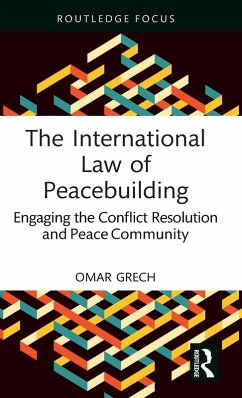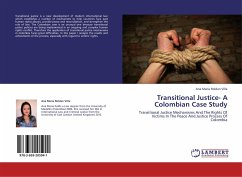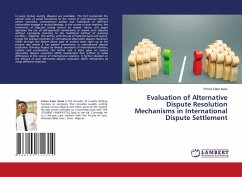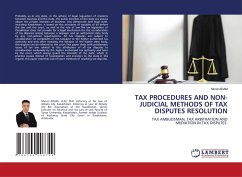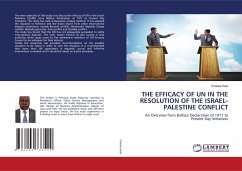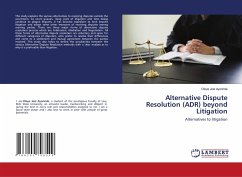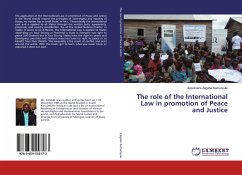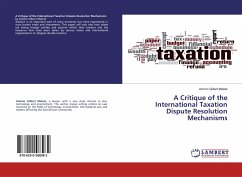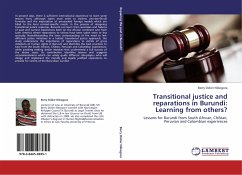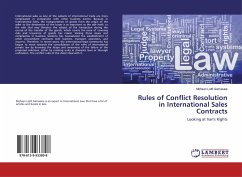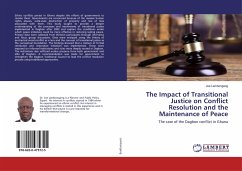
The Impact of Transitional Justice on Conflict Resolution and the Maintenance of Peace
The case of the Dagbon conflict in Ghana
Versandkostenfrei!
Versandfertig in 6-10 Tagen
51,99 €
inkl. MwSt.

PAYBACK Punkte
26 °P sammeln!
Ethnic conflicts persist in Ghana despite the efforts of governments to resolve them. Governments are concerned because of the massive human rights abuses, wide-scale destruction of property and loss of lives associated with them. This study sought to provide a deeper understanding of the processes and mechanisms of transitional justice implemented in Dagbon after 2002 and explore the conditions under which peace initiatives could be more effective in restoring lasting peace. Primary data were collected from thirteen participants through interviews and focus group discussions. Data were analyz...
Ethnic conflicts persist in Ghana despite the efforts of governments to resolve them. Governments are concerned because of the massive human rights abuses, wide-scale destruction of property and loss of lives associated with them. This study sought to provide a deeper understanding of the processes and mechanisms of transitional justice implemented in Dagbon after 2002 and explore the conditions under which peace initiatives could be more effective in restoring lasting peace. Primary data were collected from thirteen participants through interviews and focus group discussions. Data were analyzed using the theory of protracted social conflict as a lens and the concept of transitional justice as the conceptual foundation. The findings showed that a mixture of formal retributive and restorative initiatives was implemented. These were imposed on informal institutions and rules more deeply rooted in Dagbon. The institutions also suffered undue pressure from both government and elite of Dagbon. A recommendation was made for government to strengthen the Dagbon Traditional Council to lead the conflict resolution process using traditional approaches.



